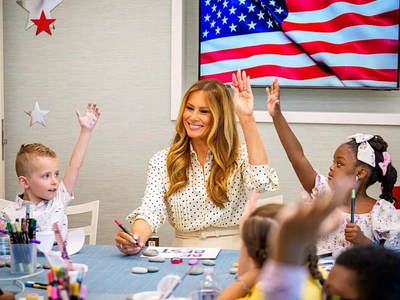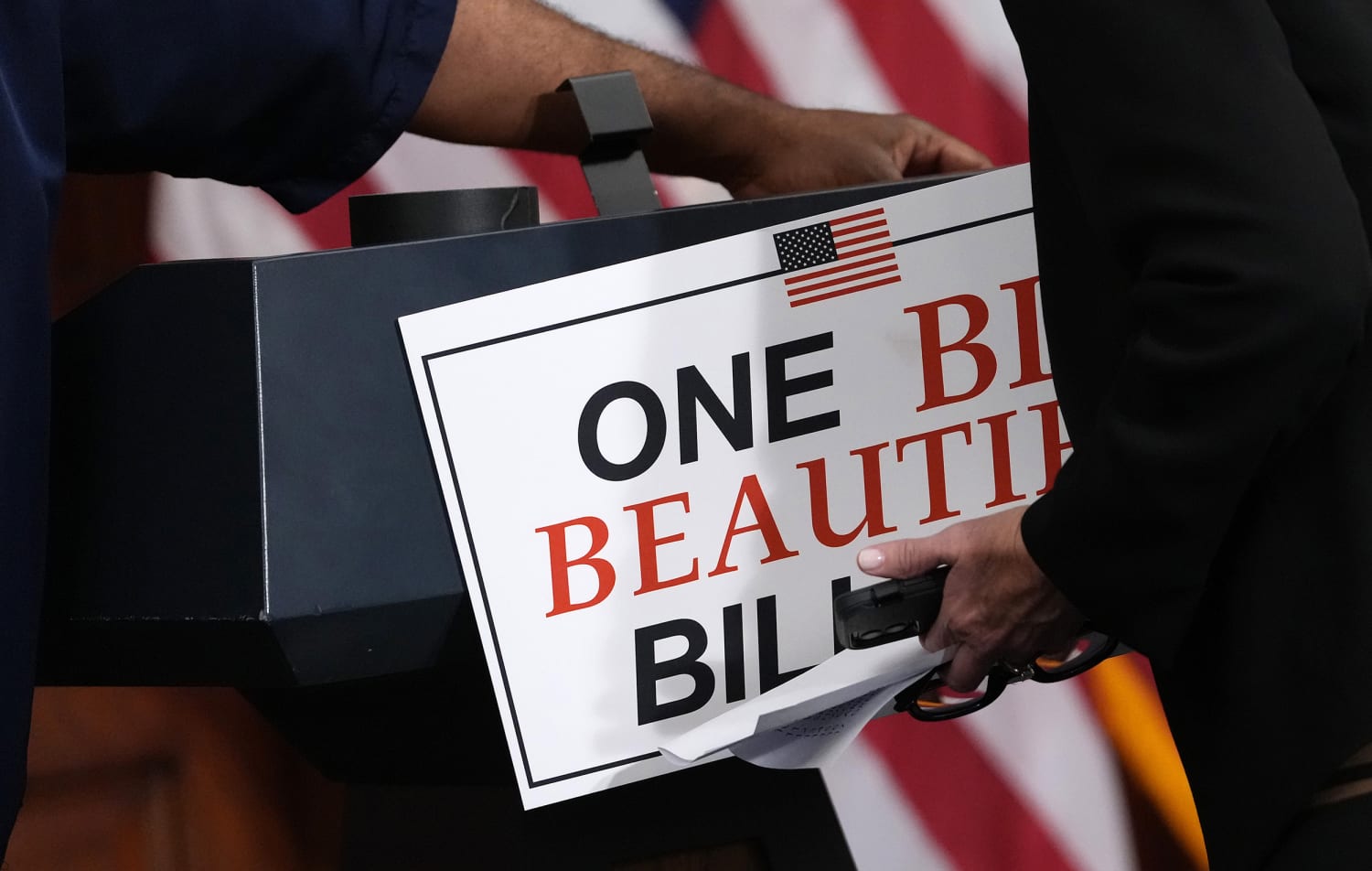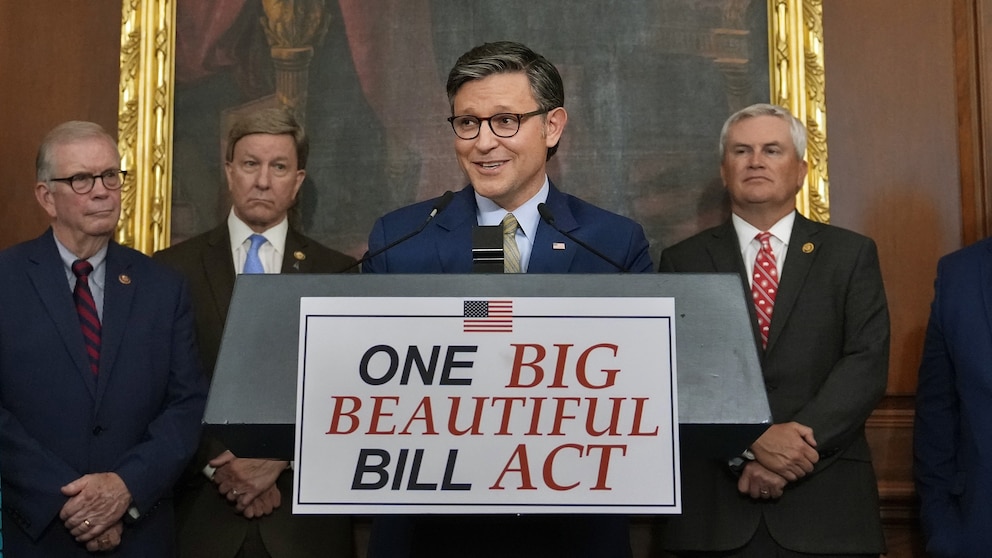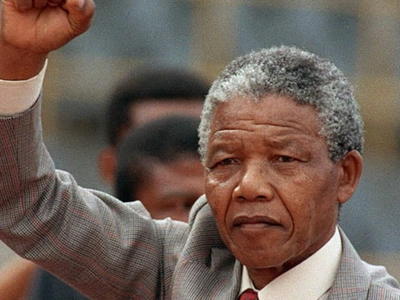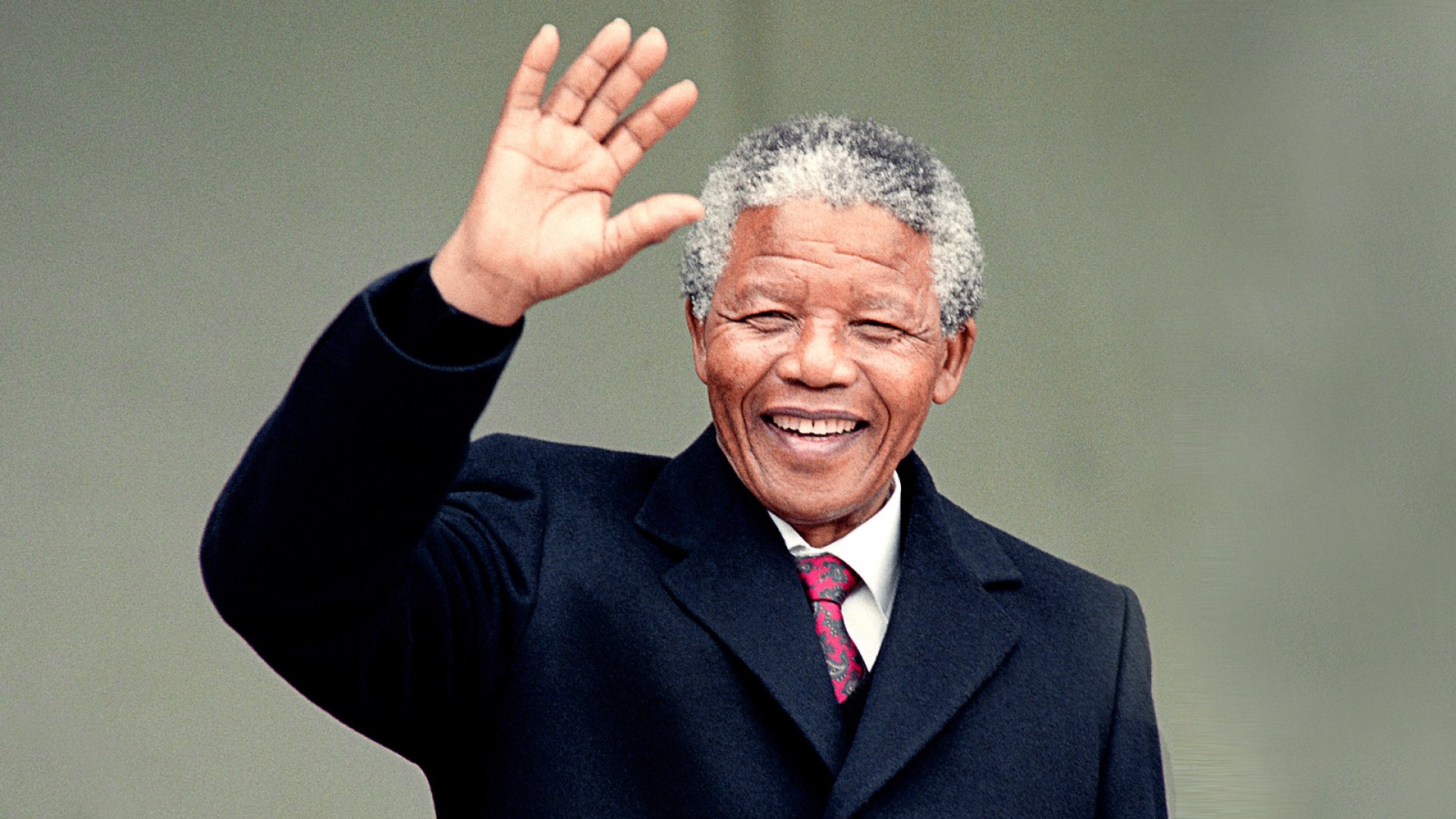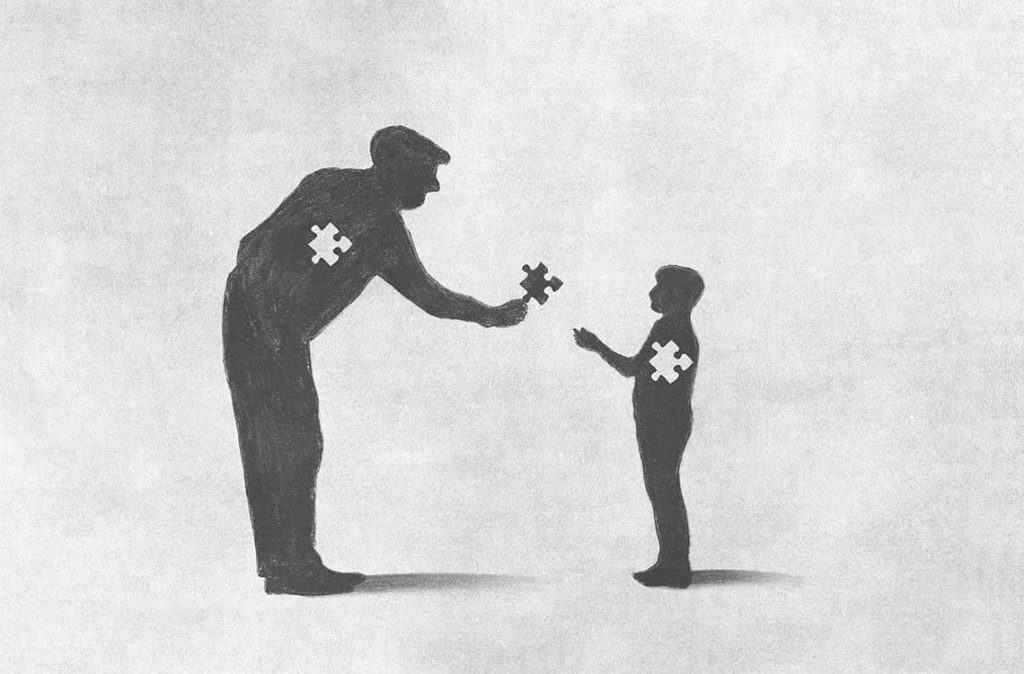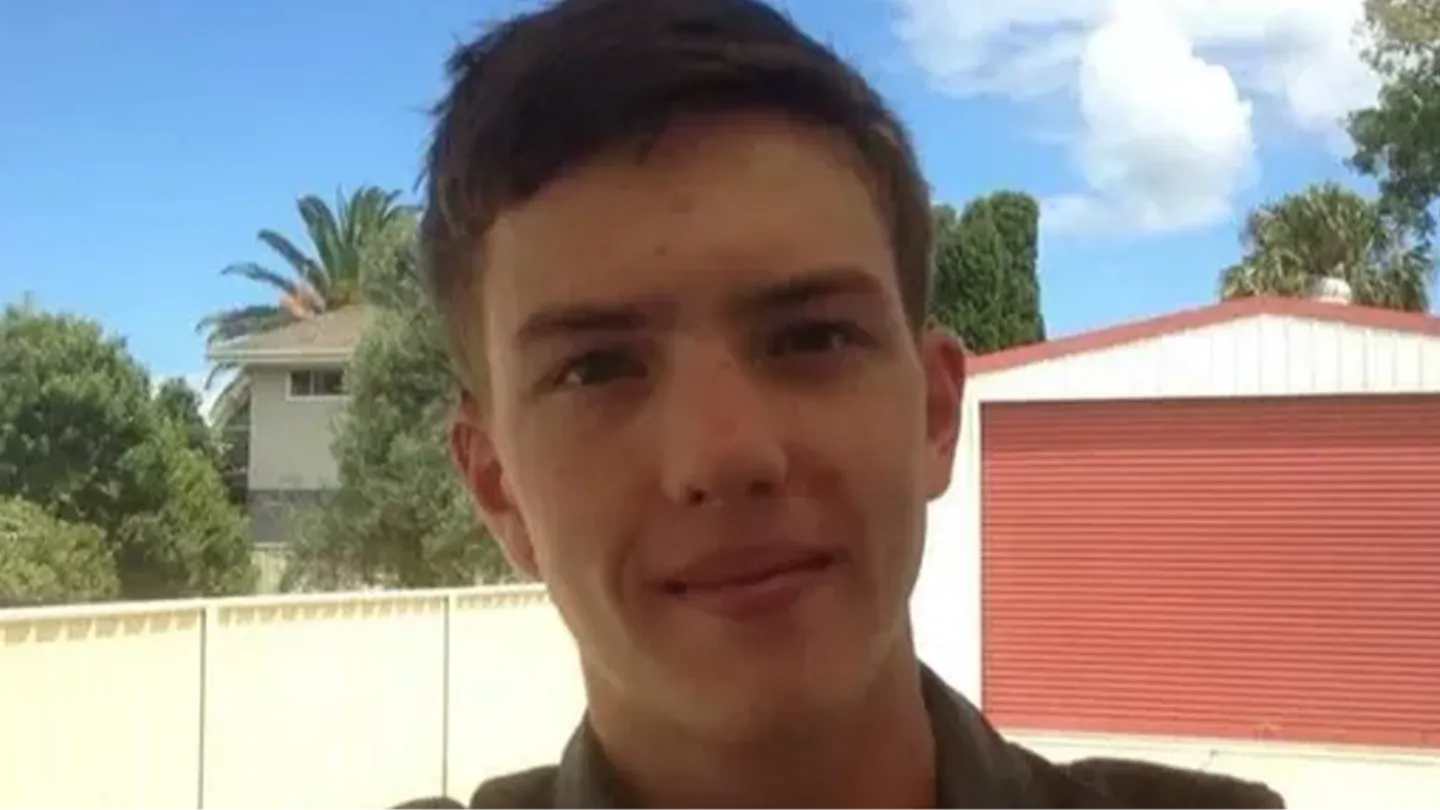Why Media Buries Melania's Hospital Visit While Amplifying Every Political Drama
While America's newsrooms buzzed with the latest political drama, a different kind of story unfolded at Children's National Hospital in Washington, D.C. First Lady Melania Trump quietly arrived with gifts for sick children, participated in Fourth of July crafts with young cancer patients, and unveiled an "Eternal Flame" rose in the hospital's healing garden—a symbol of hope for families facing their darkest moments.
The irony? This heartwarming moment of genuine human connection barely registered a blip on the national media radar.
The Coverage That Never Came
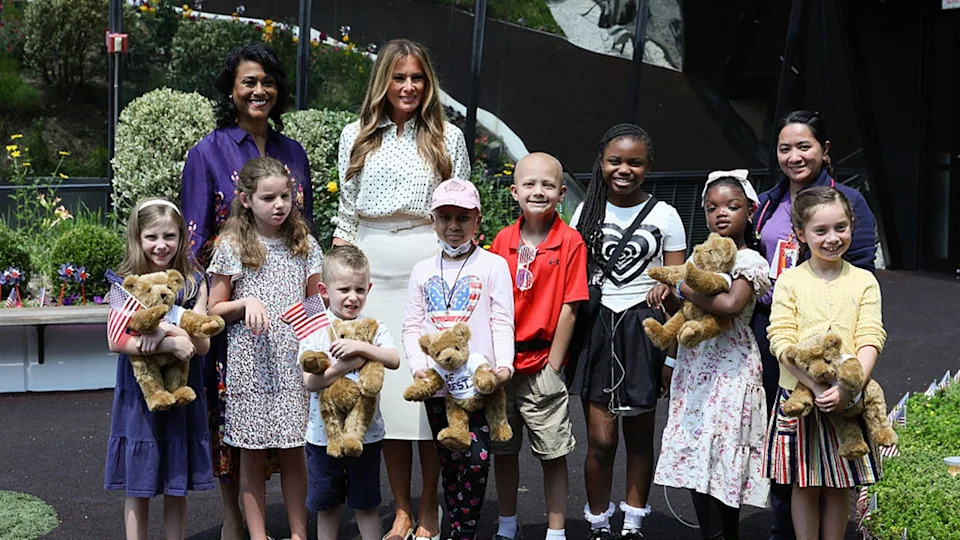
Search for "Melania Trump" in recent news archives, and you'll find hundreds of stories about fashion choices, political controversies, and speculation about her marriage. But try finding in-depth coverage of her hospital visit, the children she comforted, or the lasting impact of her "Be Best" initiative on vulnerable youth.
The disparity is staggering. While scandals and conflicts generate endless headlines, authentic moments of compassion—the very acts that restore faith in public service—get relegated to brief mentions on local news websites.
Why Drama Drowns Out Decency
This selective coverage reveals a troubling truth about our information ecosystem. Media outlets operate on a simple principle: controversy clicks, compassion doesn't. A political figure's charitable work might earn a 200-word wire story, while a single inflammatory tweet can dominate news cycles for days.
The result? We're starved of the very stories that could inspire us, unite us, or simply remind us that behind the political theater, real people are doing real good.
The Cost of Silence
When media consistently amplifies conflict over compassion, we lose more than just feel-good stories. We lose:
- Role models: Young people see endless examples of political figures as combatants, not servants
- Accountability: Good works go unexamined, reducing incentives for authentic public service
- Hope: Citizens become cynical about their leaders' capacity for genuine care
- Context: We forget that even polarizing figures are capable of meaningful humanitarian work
Beyond the Melania Example
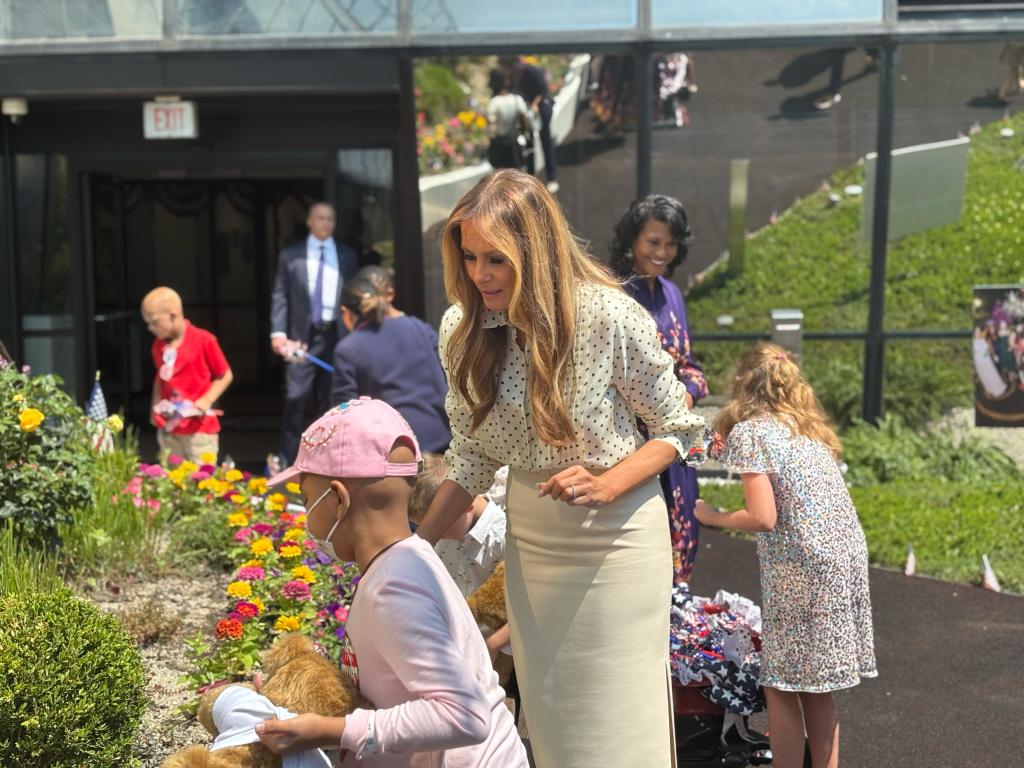
This pattern extends far beyond any single political figure. Across the political spectrum, genuine humanitarian efforts by public officials routinely get overshadowed by manufactured controversies. A senator's work with homeless veterans gets buried under speculation about their presidential ambitions. A governor's education initiatives disappear beneath coverage of their latest Twitter feud.
The Information Diet We're Fed
Consider what this means for democratic discourse. When voters only hear about politicians' failures, scandals, and conflicts, how can they make informed decisions about leadership? When children only see public figures as contentious figures rather than public servants, what does that teach them about civic engagement?
The "Eternal Flame" rose at Children's National Hospital will continue to bloom, providing beauty and hope to families in crisis. But its symbolism—the idea that even in our most polarized times, acts of genuine kindness still matter—may never reach the audience that needs to hear it most.
Demanding Better
As news consumers, we have power. We can:
- Seek out positive stories about public figures we might normally dismiss
- Share content that highlights genuine public service
- Support outlets that balance conflict coverage with compassion reporting
- Ask questions about why certain stories get buried while others dominate
The children at that hospital didn't care about polling numbers or political parties. They cared about someone showing up, paying attention, and planting something beautiful in their healing space.
Maybe it's time our media priorities reflected what truly matters to the people these public figures are supposed to serve.
